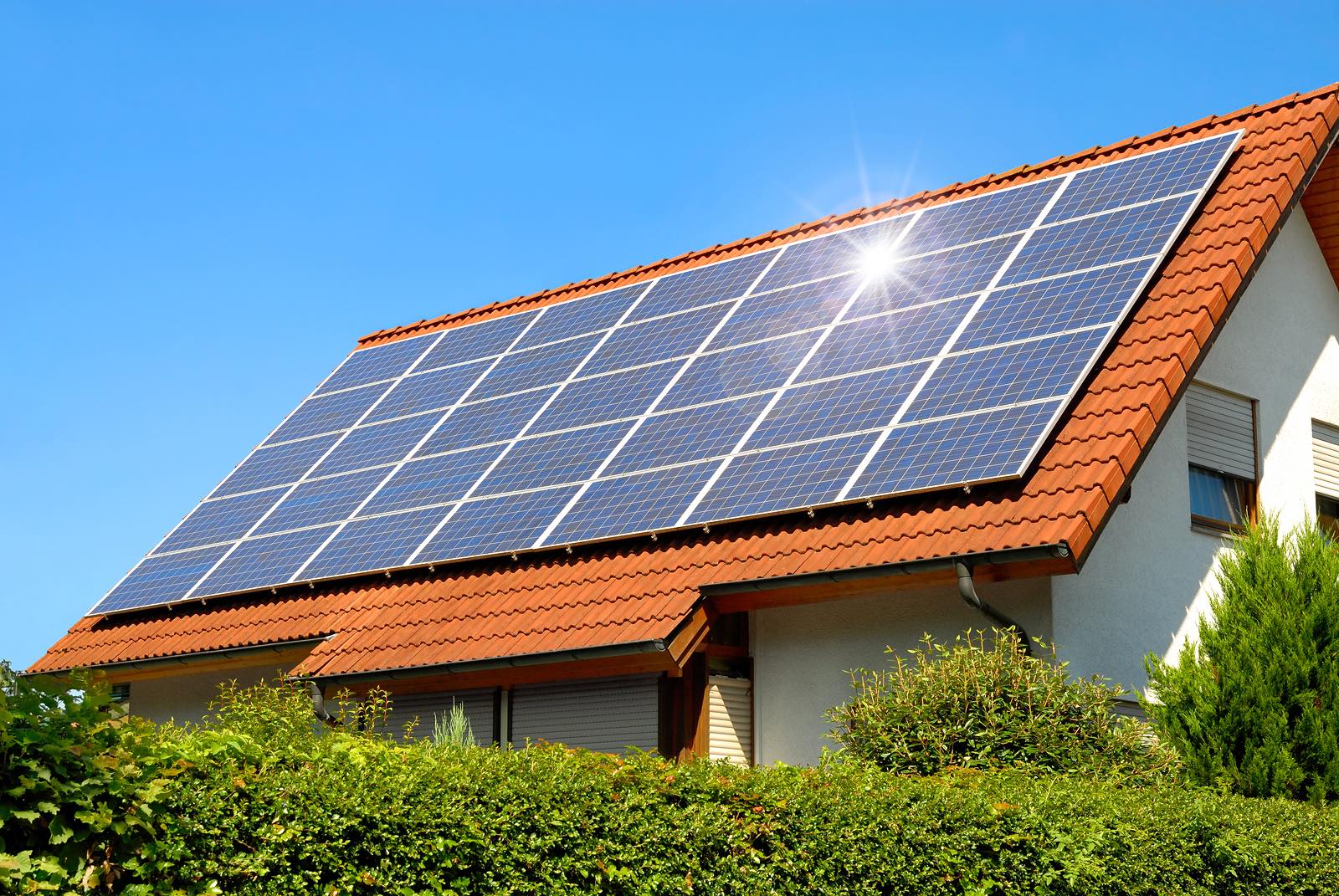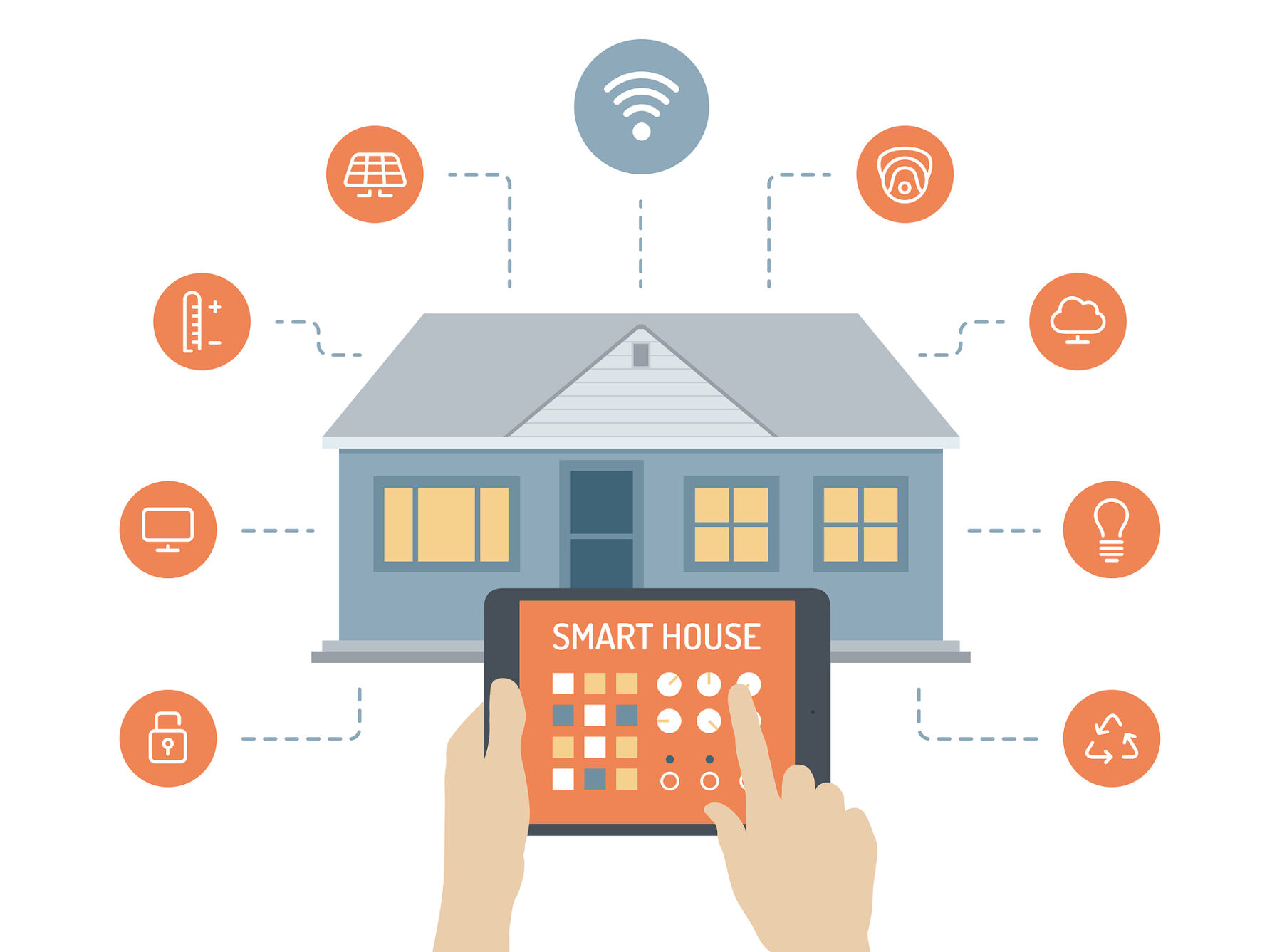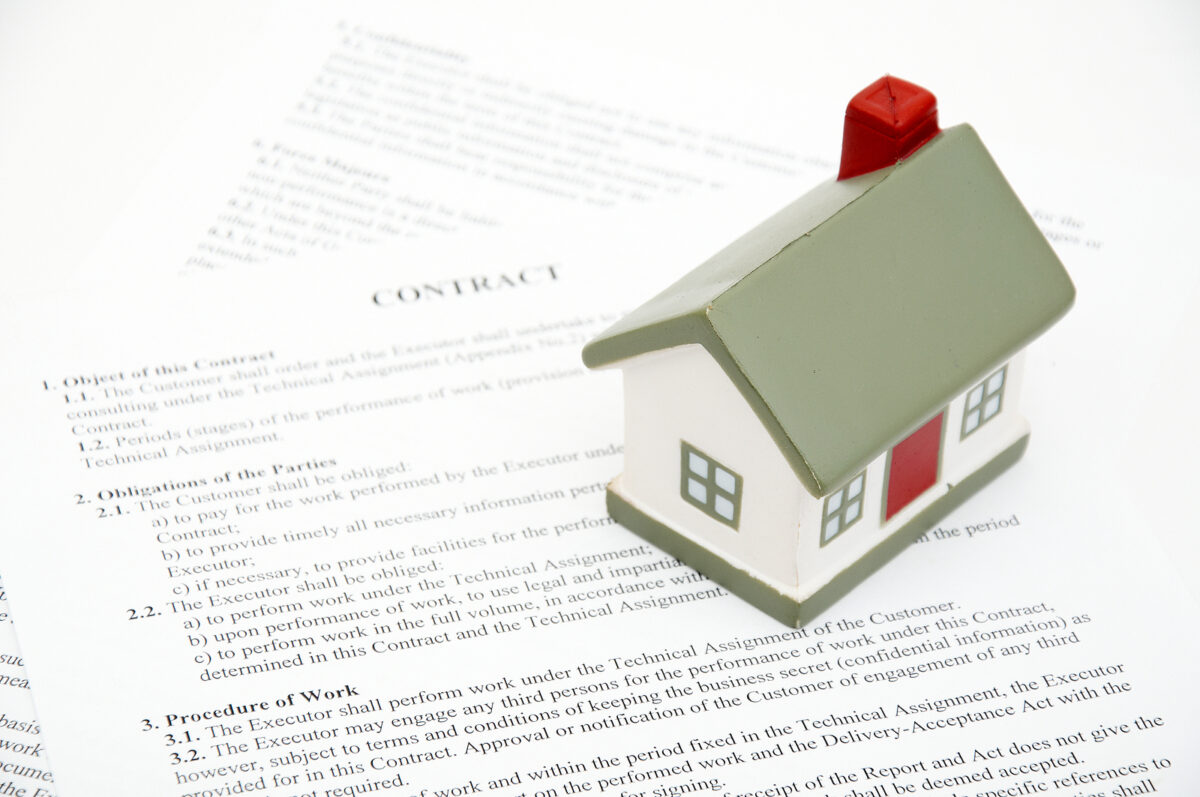If you’re looking to sell your home, incorporating eco-friendly features can significantly increase its appeal to potential buyers. As more people become environmentally conscious, these features not only reduce the carbon footprint but also offer cost savings and health benefits. Here are some eco-friendly home features that can make your home more attractive to buyers and boost its market value.
Energy-Efficient Appliances
Buyers are increasingly interested in homes equipped with energy-efficient appliances. These appliances use less electricity and water, which can substantially reduce utility bills. Look for appliances with the ENERGY STAR label, which indicates they meet or exceed federal energy efficiency standards. High-efficiency washers, dryers, refrigerators, and dishwashers are excellent additions that can make your home stand out.
Solar Panels
Solar panels are a standout feature for many buyers. They provide a renewable energy source to power a home and reduce or even eliminate electricity bills. Although the initial investment can be substantial, many government incentives and rebates can help offset the costs. Homes with solar panels often sell faster and at higher prices, making them a smart investment before listing your home.

Insulation and Windows
Proper insulation and energy-efficient windows are critical for maintaining a home’s temperature and reducing energy consumption. Homes with high-quality insulation and double- or triple-pane windows can keep heat in during the winter and out during the summer, resulting in lower heating and cooling costs. Buyers appreciate the promise of lower utility bills and increased comfort, making these upgrades worth considering.
Water Conservation Systems
Water conservation is a significant concern for eco-conscious buyers. Features such as low-flow toilets, faucets, and showerheads, as well as rainwater harvesting systems, can significantly reduce water usage. Installing a greywater system can allow homeowners to reuse water from sinks and showers for irrigation, further conserving water and appealing to buyers looking for sustainable solutions.
Sustainable Materials
Homes built with sustainable materials are increasingly attractive to buyers. These materials include bamboo flooring, recycled steel, reclaimed wood, and low-VOC (volatile organic compounds) paints and finishes. Sustainable materials not only reduce the environmental impact of construction but also improve indoor air quality and overall home health.
Smart Home Technology

Smart home technology can enhance the eco-friendliness of a home by optimizing energy usage. Smart thermostats, for instance, can learn a homeowner’s schedule and adjust the temperature accordingly, ensuring the home is heated and cooled only when necessary. Smart lighting systems can also reduce electricity consumption by automatically turning off lights when rooms are not in use.
Green Roofs and Walls
Green roofs and walls are innovative features that provide insulation, reduce stormwater runoff, and improve air quality. They also create habitats for wildlife and can significantly enhance the aesthetic appeal of a home. While they can be more costly to install and maintain, the environmental and economic benefits make them a valuable investment for eco-conscious buyers.
Electric Vehicle Charging Stations
As electric vehicles (EVs) become more popular, having a home EV charging station is an attractive feature for buyers. It provides the convenience of charging an EV at home and can be a significant selling point for those who already own or are considering purchasing an electric vehicle. Installing a charging station can also future-proof your home as EV adoption continues to grow.
Landscaping for Energy Efficiency
Strategically designed landscaping can contribute to a home’s energy efficiency. Planting trees and shrubs in specific locations can provide natural shading, reducing cooling costs in the summer. Additionally, using native plants in landscaping requires less water and maintenance, promoting sustainability and reducing environmental impact.
Indoor Air Quality Systems
Indoor air quality is a critical aspect of a healthy home environment. Buyers are increasingly looking for homes with air purification systems that remove pollutants and allergens from the air. Systems such as HEPA filters, UV air purifiers, and whole-house ventilation can significantly improve indoor air quality, making your home more attractive to health-conscious buyers.

If you’re planning to sell your home and want to incorporate these eco-friendly features, check out this comprehensive list by Forbes!
Conclusion
Incorporating these eco-friendly features can make your home more appealing to buyers who are looking to reduce their environmental impact while enjoying the benefits of a sustainable lifestyle. Not only do these features help save money on utility bills, but they also contribute to a healthier and more comfortable living environment, making your home more attractive in the real estate market.



